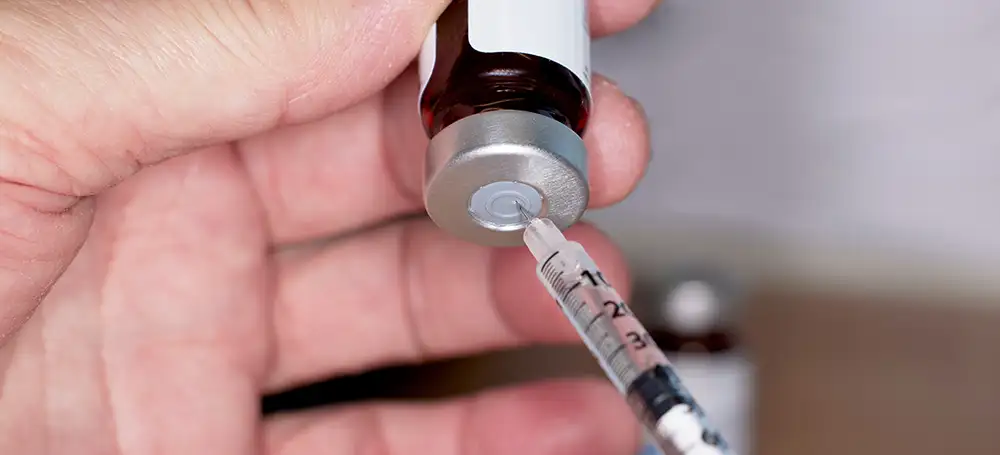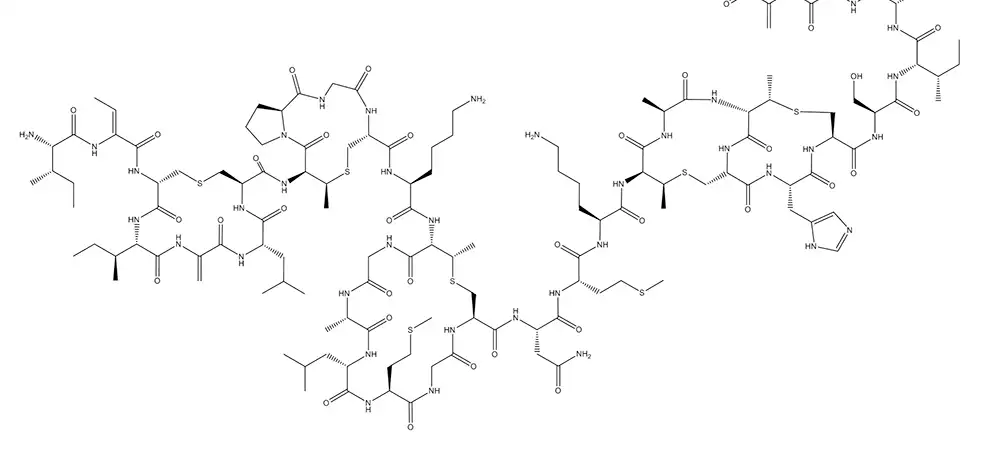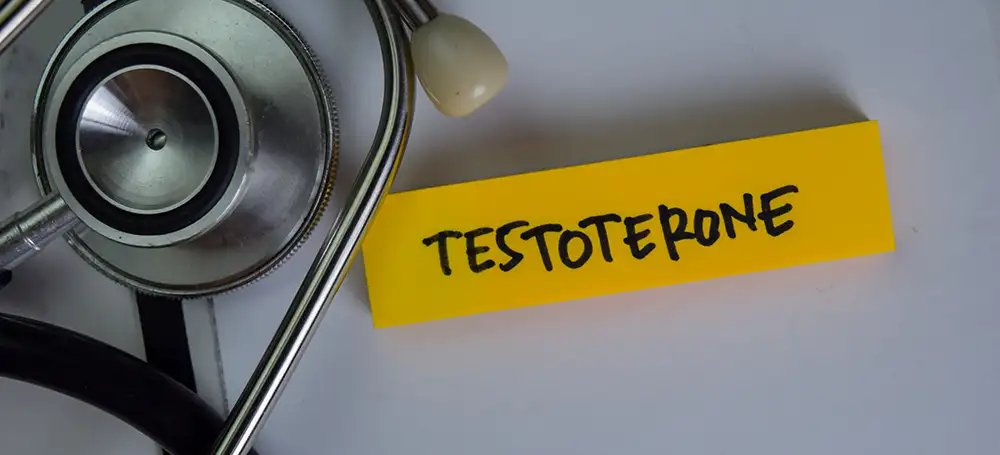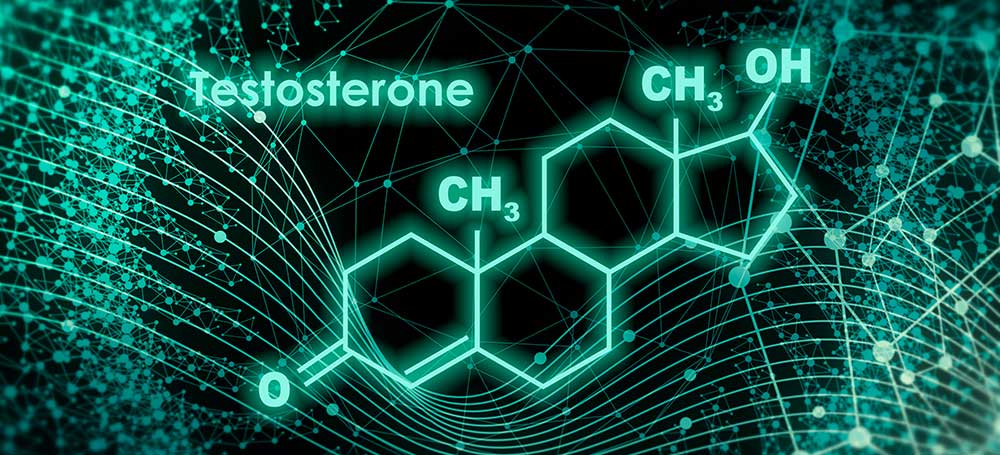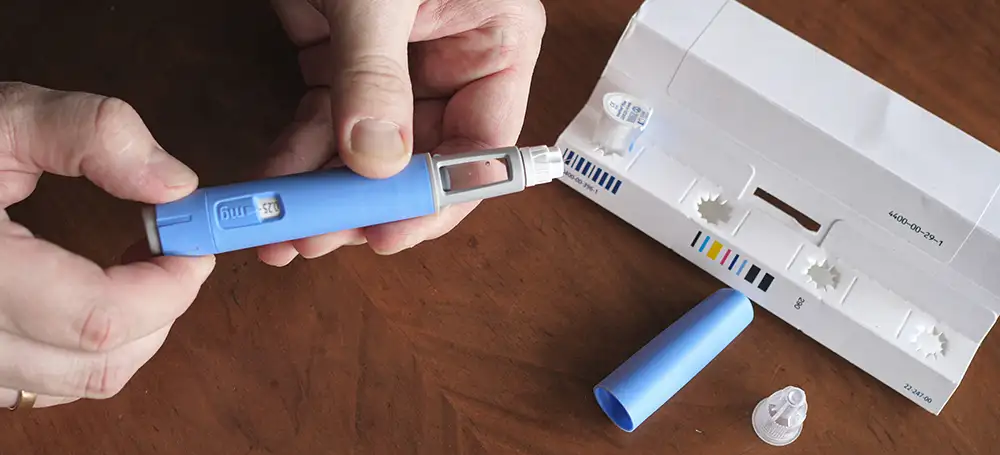New Studies Potentially Indicate Male Coronavirus Patients With Low Testosterone Levels May Be More Likely to Die From COVID-19.
Is there a Link between Low T and COVID-19 Mortality?
In the grips of the COVID-19 pandemic, researchers and clinicians alike are looking to gain a better understanding of the risk factors for patients who contract the virus. One such study indicates that men with low testosterone levels who contract COVID-19 may be at far greater risk of dying from the virus than those with normal testosterone levels.
Males More Likely to Die From COVID-19
As early as the first week of April, scientists demonstrated a distinction between men and women in terms of death rate for people who contract COVID-19. On April 7th, 2020, the New York Times published data that showed twice as many men had succumbed to the virus as women. In Europe, the BBC cited a The World Health Organization Weekly Surveillance Report that said 69% of all coronavirus deaths across Western Europe have been male.
Risk and lifestyle factors may play a significant role in this discrepancy between the sexes, but a recent German study suggested that among men who contract COVID-19, those with Low Testosterone were dramatically more likely to die from the virus than men with normal, healthy levels of testosterone.
German Study Reveals Men 2x More Likely to Die From Virus
Researchers at the University Medical Center Hamburg-Eppendorf studied the first 45 COVID-19 patients who were admitted to their hospital ICU. Of them, 35 were males, and ten were female. Of those patients, seven required oxygen and 33 required ventilation. Nine of the men and 3 of the women died from the disease.
As part of their diagnostic process, hormone levels of each patient were assessed immediately when they were admitted to the ICU on their first day in ICU. This was to establish a baseline before they had received any invasive procedures. Samples from the COVID-19 patients were tested for 12 hormones, including testosterone and dihydrotestosterone.
Of the male COVID-19 patients sent to ICU at the German hospital, more than two thirds (68.6 percent) recorded low levels of testosterone. One of the researchers, Professor Gülsah Gabriel from the Leibniz Institute for Experimental Virology in Hamburg, concluded that both the majority of men who were admitted for COVID-19 and those who died from it, all had one thing in common – Low-T.
He is quoted in a UK paper as saying, “The majority of male COVID-19 patients had low testosterone levels. Of those male COVID-19 patients who died, the majority also had low testosterone levels.”
Low-T Unleashes “Cytokine Storms”
Professor Gabriel expanded on these findings by explaining why men with Low-T tend to be at greater risk of dying from the virus.
“Low testosterone levels in men seem to be a risk factor for severe and even fatal disease outcomes in men upon infection with so-called “cytokine inducing” respiratory viruses.’
Cytokines are chemicals which the human body produces to flood to the site of infection and begin fighting the pathogen. Viruses such as COVID-19 normally trigger the human body to produce vast amounts of Cytokines. For patients with Low-T, the COVID19 virus can cause their immune system to respond too aggressively.
This overblown attempt to combat the virus can lead to an enormous immune response that is called a “cytokine storm.” These cytokine storms are themselves a hyperinflammatory condition that can lead to severe lung damage, acute respiratory distress syndrome (ARDS) and ultimately, death.
According to Ali Daneshkhah, a postdoctoral research fellow at Northwestern University, the major cause of death in patients stems from the body’s misguided attempts to fight the virus.
“This is what seems to kill a majority of COVID-19 patients, not the destruction of the lungs by the virus itself. It is the complications from the misdirected fire from the immune system.’
Why Testosterone May Be Key to Fighting The Virus
Testosterone is a key hormone that helps regulate the body’s immune response in situations like this. Men with Low-T are often unable to properly regulate these over-aggressive immune responses, leading to the Cytokine Storms, which may cause more damage than the virus itself and ,may often lead to death.
Professor Gabriel concluded that: ‘It seems that testosterone has a dampening impact on the virus-induced cytokine storm, which finally leads to death in both cohorts.
‘Men with normal testosterone levels do not present a cytokine storm and thus are more likely to survive.’
Low-T and Aging
The human body is more susceptible to diseases as we get older, so it is not a surprise that age is also a major risk factor for COVID-19.
For men, aging means a natural decrease in their body’s testosterone levels. Low-T can impact the building of muscle and bone mass, sperm production, erectile function, and sex drive, while also impacting sleep and mood swings.
Testosterone levels for a healthy male peak at about 1000-1200 nanograms per deciliter (n/dl). This generally occurs between puberty and approximately 30 years of age. After that, an average man can expect about a 1% rate of decline per year. Some experts have suggested that increased severity of infections in elderly men may be due to their lower levels of testosterone.
They cite studies for other conditions such as chronic kidney disease that indicate that men with low-T are often hospitalized for secondary infections at a higher rate than men with normal testosterone levels. These secondary infections also tend to be respiratory in nature, as is COVID-19.
Finding TRT Replacement on The North Shore
It must be noted that these are preliminary findings and are not conclusive yet. Much more work needs to be done to create a consensus in the scientific and medical field. However, the study in Germany seems to suggest that avoiding Low-T may prove beneficial in terms of fighting off COVID-19. This is still early and needs a lot more research though. What we do know is there are several other health benefits to maintaining healthy levels of Testosterone. Testosterone Replacement Therapy, or TRT, is a method used to treat men with hypogonadism (the clinical name for “low T”). A medical professional can provide you with a simple screening, and then blood samples will determine if you are an appropriate candidate for TRT.
Choosing the right physician is a critical first step in improving your life with Testosterone Replacement Therapy. At Boston Vitality, we have been helping men with Low Testosterone feel younger, improve their health, mood, and quality of life through TRT.
Please call our office at 781-399-LowT (5698) to schedule a consultation at our convenient location in Stoneham, MA.




